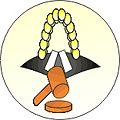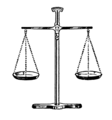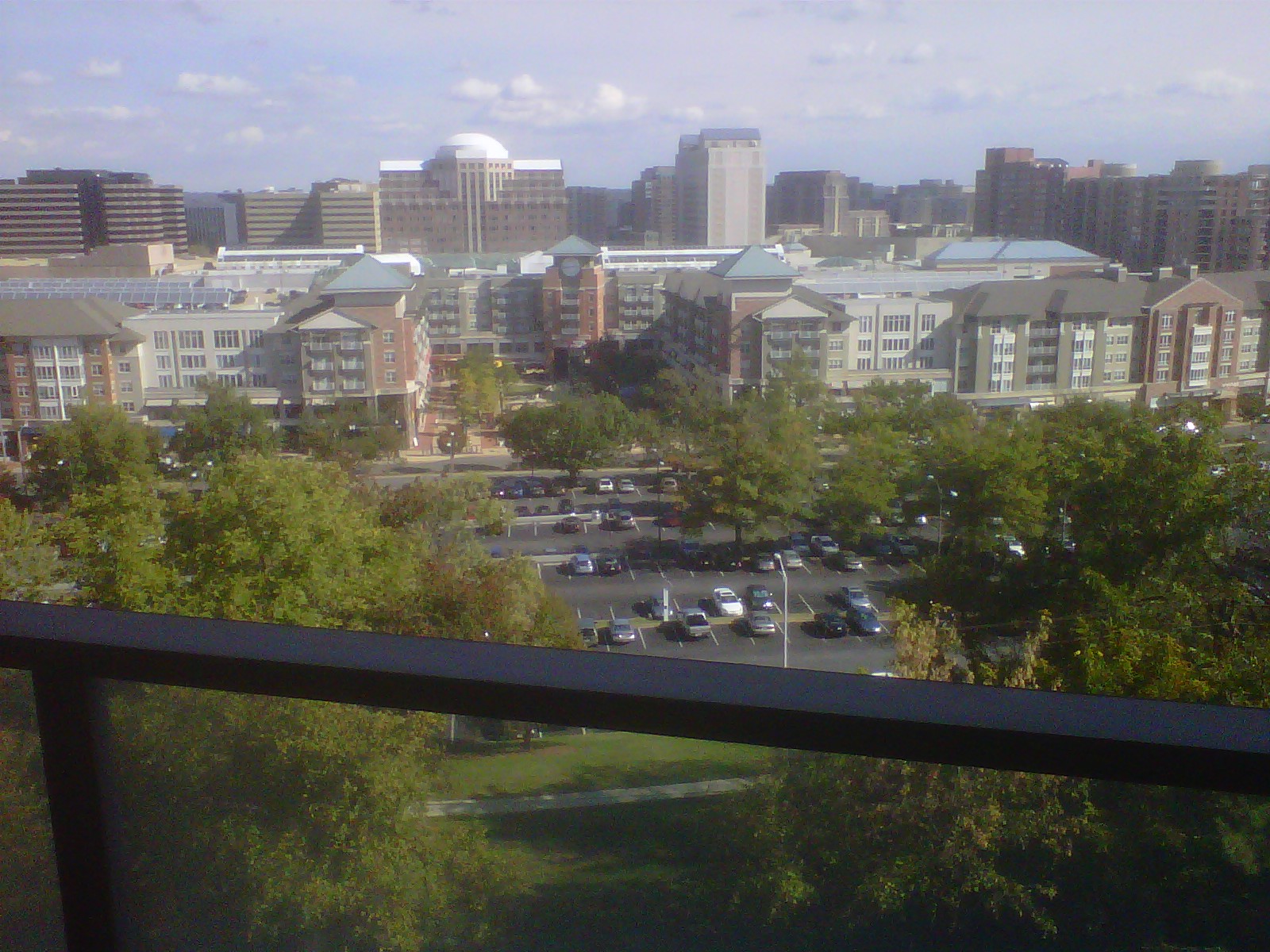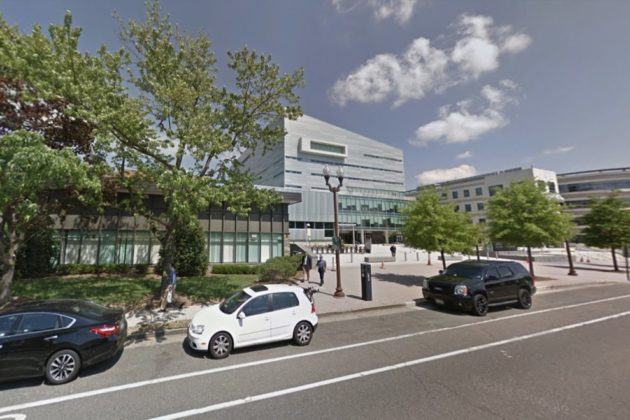If you are considering renting an apartment from a landlord or condominium owner or if you are thinking about leasing your property for rent, it is important that you know both the law and the legal instruments that govern landlord tenant relationships in the
Commonwealth of Virginia.

Leases:
First, consider the lease. A lease is the contract that governs a landlord-tenant relationship. In contrast, covenants within a lease are generally independent of the lease itself, where if one party breaches a covenant, the other party may still recover dam¬ages but cannot terminate the landlord-tenant relationship in its entirety. Although not covered herein, the doctrines of actual and constructive eviction and the implied warranty of habitability are exceptions to this general rule. In addition, many states including
Virginia have created a statutory exception to this general rule which does allow, however, a landlord to terminate a lease for any nonpayment of rent. Below is a brief discussion of a tenant's duty regarding the doctrine of waste and other considerations including ordinary wear and tear as they may or may not be contemplated in any given leasehold agreement.
Tenant's Duty to Repair and the Doctrine of Waste:
A tenant has a duty not to damage (or commit waste on) a leased premises. There are three rules governing waste in a leasehold context, all of which a Landlord may recover for from the tenant in the form of damages should the tenant breach.
1) Voluntary (affirmative) waste results when the tenant intentionally or negligently damages the premises or exploits minerals on the property.
2) Permissive waste occurs when the tenant fails to take reasonable steps to protect the premises from damage from the elements. The tenant is liable for all ordinary repairs, excluding ordinary wear and tear. If the duty is shifted to the landlord (by lease or statute), the tenant has a duty to report deficiencies promptly, and the tenant can assume liability for such deficiencies if not reported in a timely manner pursuant to the lease agreement.
3) Ameliorative waste occurs when the tenant alters the leased property, thereby increasing its value. Generally, the tenant is liable for the cost of restoration. There is a modern exception to this rule, however, which permits a tenant to make this type of change if he is a long-term tenant and the change reflects changes in the neighborhood.
Finally, remember that in the absence of a specific reference to ordinary wear and tear, most repair covenants frequently exclude ordinary wear and tear whereby a Landlord usually remains obligated for certain structural and casualty destruction repairs except for damages caused by the tenant.






